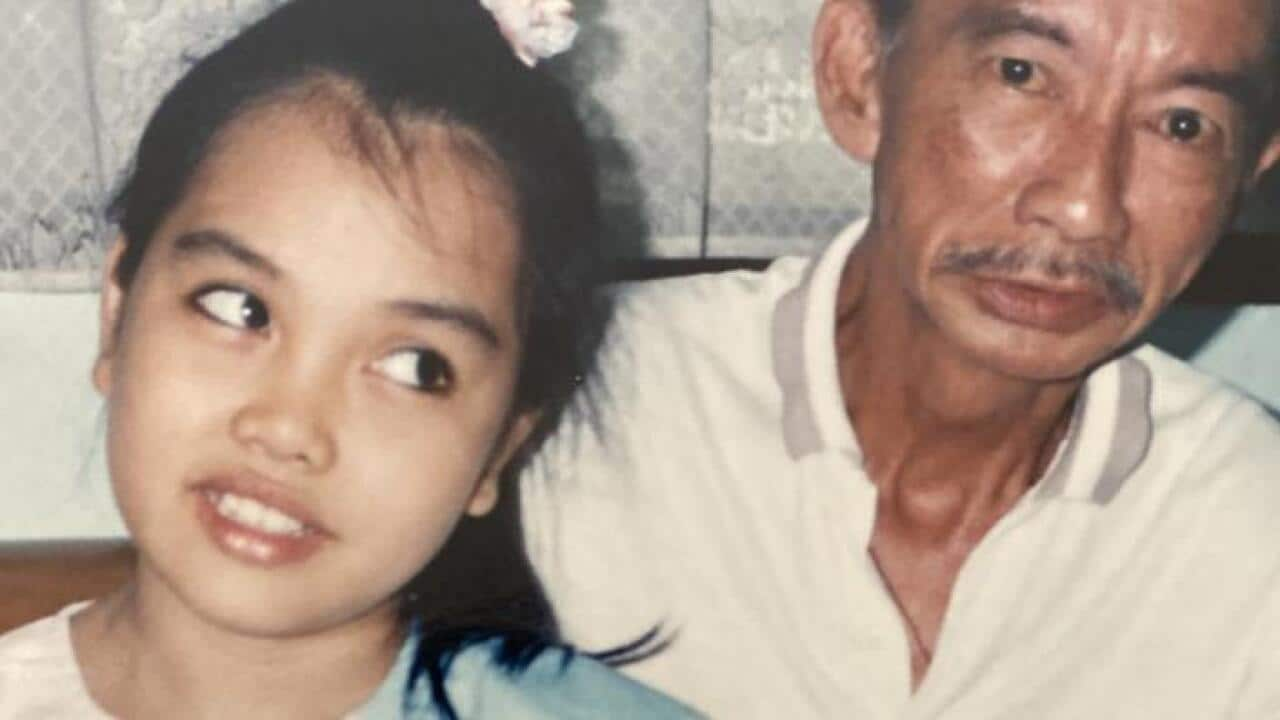It was 1999, I was in Year 9 at high school and mum received a phone call from the local police station.
“We need to go and collect your grandpa from the police station. He thinks someone has stolen his car,” mum told me.
I peeled myself off the couch that I had only moments before sat down on after arriving home from school and together with my mum we headed into town.
By the time we arrived my grandfather’s car had been located, it was around the corner from the dentist where he had been when he thought it was stolen. He had parked it there himself but didn’t remember where he had left it. After he came out from his check-up, he assumed someone had stolen it when the car wasn’t in his usual parking spot.
Not long after this my grandpa’s licence was taken away and his car was sold. It was the last of a long list of incidents that made his ability behind the wheel questionable and others safety potentially at risk.
My grandfather was wounded by this decision. In his eyes we were doing unnecessarily hurtful things but in reality, his Alzheimer’s had now progressed so extensively that he could no longer be my grandpa - the once independent, responsible man he once was and we all hated it.
When I was a young girl, still in primary school, my grandpa was a respectable, caring, commendable citizen – he was proud, responsible but he also cared.
When I was a young girl, still in primary school, my grandpa was a respectable, caring, commendable citizen – he was proud, responsible but he also cared. He tenderly looked after my grandmother when she was ill, until she passed away, he helped his children, even as adults from providing advice, to babysitting his grandchildren. He especially helped my mother and I, often picking me up from school and looking after me when I was sick, and mum had to go to work.
In those days, my grandpa would always have a tin of Milo or Malted Milk on the kitchen ledge and a jar full of biscuits in the cupboard. As soon as I walked through the front door he would offer them to me right after he said hello, as if providing these treats was his substitute for asking “how are you?” And I was more than happy with that arrangement.
But as he got older, my mother and I, as well as other family and friends started to notice his memory wane ever so slightly. At the beginning it would only happen occasionally, he would buy fish and chips for dinner, forgetting he had already bought it for lunch. But then these sorts of things began to happen more regularly, until we realised that perhaps it wasn’t just age, it was an actual medical problem.
By the time my grandfather was diagnosed with Alzheimer’s it had already fundamentally changed him. Discovering the cause of his memory loss wasn’t really beneficial because there was not much that could be done, instead all we could then do was to support him where we could.
By the time my grandfather was diagnosed with Alzheimer’s it had already fundamentally changed him.
For the next ten years of his life, I watched as the Milo tin on the kitchen ledge became empty and despite him reassuring me he would get a new one, he would always forget. I watched him scouring through cupboards to locate the biscuit jar because he couldn’t remember where he'd put it.
When these things happened, and he realised that he should know the answer, that he should know where things like the biscuit jar were kept but didn’t, he would get frustrated.
“I should just go and out and shoot myself now,” he would say self-loathingly to my mum as I sat next to her at his kitchen table.
Although he never meant this, it was unquestionable how much the cruel disease was affecting his mind and changing his behaviour.
Relying on his memory was something my grandpa had always taken for granted, I guess it is something most of us do, until we can’t. Which is when we rely on those around us - our family, support networks and paid carers who make sure medication is being taken, meals are being eaten, and biscuit jars are being located.
As well as doing these things for my grandpa, it also meant that stickers labelled ‘plates’, ‘cutlery’, ‘mugs’ and ‘glasses’ needed to be stuck onto cupboard doors in his kitchen, the same one he had been cooking and eating in for 40 years. It meant the gas on his stovetop had to be disconnected because he kept forgetting to turn it off. It meant that slowly he changed from the person he once was, who he truly was, into someone completely different.
His mind instead became like a sieve – ridden with holes that his thoughts, his memories and his character would fall through, reducing him to frustration and at times to despair.
Ironically, the painful reality for my grandpa, along with many Alzheimer’s sufferers was that up until his last few years his body was like the temple of a God – strong, iron forced, indestructible. It was his mind that let him down. His mind instead became like a sieve – ridden with holes that his thoughts, his memories and his character would fall through, reducing him to frustration and at times to despair.
My grandfather succumbed to his Alzheimer’s at age 90. Despite losing him over 15 years ago, the process of watching this quiet, cruel disease slowly infect him and change him from one person to another, without him having any say at all remains a vivid memory within me and has left a permanent crack in my heart.
Shona Hendley is a freelance writer. Follow her on Instagram @shonamarion.





